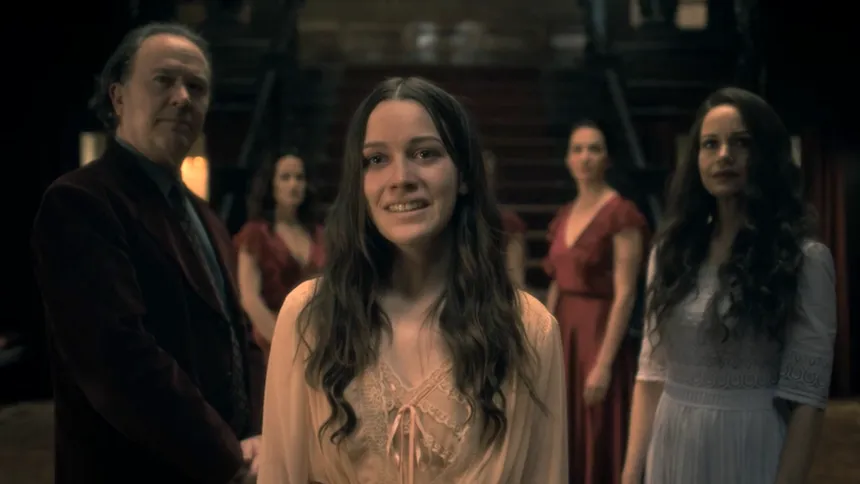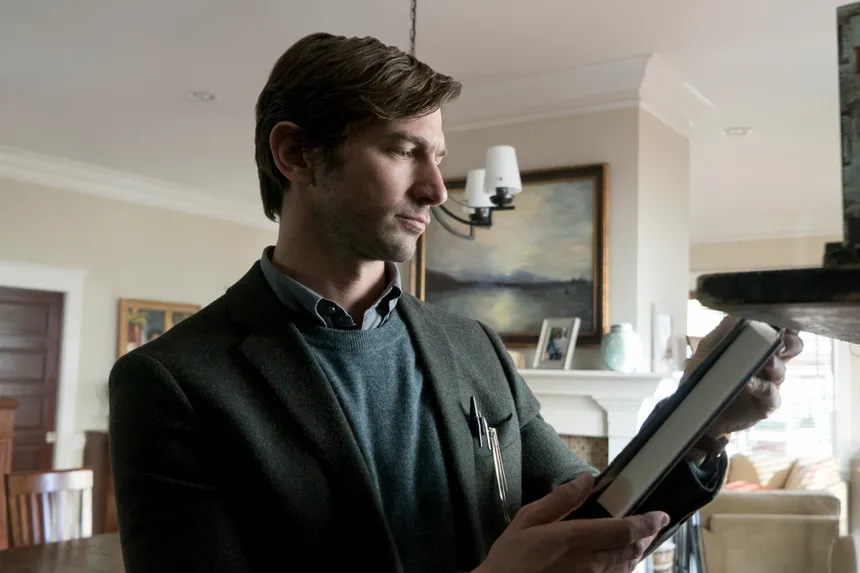Mike Flanagan’s horror storytelling is renowned for its liberal use of monologues, which serve as a platform for character development, thematic exploration, and emotional depth. These impactful performances, delivered by talented actors, leave a lasting impression on viewers and bolster Flanagan’s storytelling. By incorporating monologues, Flanagan is able to reveal supernatural backstories, explore philosophical questions about faith, mortality, and the afterlife, and add layers of complexity to his characters.
Flanagan has acknowledged the significance of monologues in his storytelling, citing their ability to engage audiences and add depth to his narratives. His monologues often take the form of backstories, explanations of supernatural events, or explorations of thematic elements, and are used sparingly but effectively to reveal the motivations and emotions of his characters. The most memorable monologues are those that stem from a place of vulnerability, as characters pour their hearts out to others or have personal breakthroughs.
The Haunting of Hill House, The Haunting of Bly Manor, Midnight Mass, and The Midnight Club all feature standout monologues that showcase Flanagan’s skill as a storyteller. Nell’s speech in the series finale of The Haunting of Hill House provides a sense of closure and forgiveness, allowing the Crane siblings to confront their shared trauma and reframe their perspective on death and time. Jamie’s monologue in The Haunting of Bly Manor offers a poignant and heartfelt perspective on mortality, as she reminds Dani of the realities of human mortality and the cyclical nature of life.

A Still From The Haunting of Hill House (Photo: The Haunting of Hill House)
Midnight Mass features a number of significant monologues, including Erin and Riley’s conversation about the afterlife. This discussion is a microcosm of the show itself, exploring themes of faith, morality, and the afterlife. Their conversation is a powerful exploration of their characters’ beliefs and backgrounds, ultimately leaving a lasting impression on the audience. The Midnight Club, while featuring fewer naturally occurring monologues, still boasts standout performances, including Spencer’s powerful exploration of his emotions and backstory as he confronts his mother and comes to terms with his circumstances.
Flanagan’s commitment to monologues is unwavering, despite potential criticism from some viewers. He believes that monologues are essential to storytelling, allowing for a deeper exploration of themes and characters. As fans eagerly await the release of The Fall of the House of Usher, they can expect more of Flanagan’s signature storytelling style, complete with thought-provoking monologues and emotionally resonant performances.
























